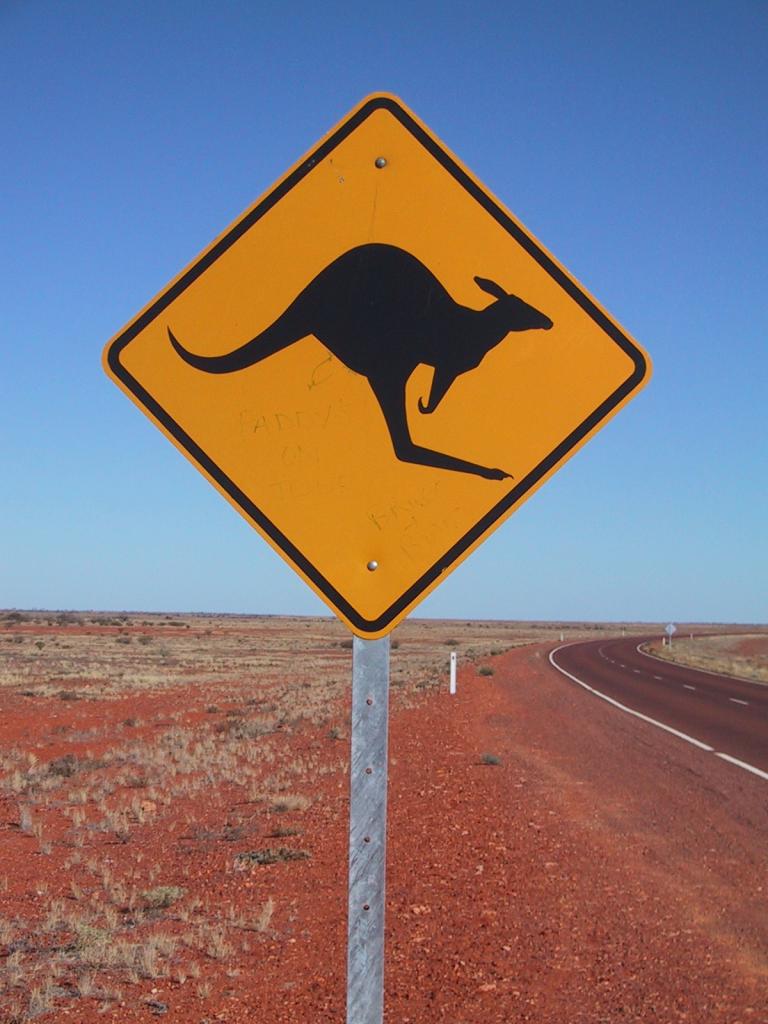Even though Vancouver prides itself on being a forward thinking dining scene (and has no end of choice and variety to prove that point), introducing new tastes and ingredients can still be a challenge.
Just ask Mark Hills.
He’s the founder of Hills Foods, which has been single-handedly elevating The Game Game in Vancouver since 1987. Part of the success lies in the company’s clever motto.
We recently tasted our way through several “exotic” tastes at a showcase put on by Hills Foods in downtown Vancouver. The venue was Vancouver Community College, whose students did an excellent job of preparing a variety of wild meats, from camel to kangaroo, under the direction of Culinary Team Canada manager and executive chef John Carlo Felicella.
With an image very much driven by marsupial adulation that focuses on little ‘roos in the pouch immortalised by ‘Skippy’ and all that understandably cuddly stuff, Kangaroo can be a tough sell. Plus, while the meat (which is actually hunted wild and not raised through intensive farming practices) is increasingly a significant player in the Australian diet, it’s hardly likely to upset beef as the main player. However, when traveling DownUnder, we have enjoyed it on several occasions, including once at Adelaide’s Red Ochre Grill—that specializes in indigenous cuisine. We’ve also encountered a pretty chewy rib-eye in one Melbourne tavern.
Taking it to the next level: VCC student chefs prepare kangaroo filets with spot prawn risotto, Tim Pawsey photo
Just like any other meat, kangaroo is only as good as the cut—or the chef who prepares it. Properly cooked, though, ‘roo burgers or filets can be extremely tasty. And, guess what? It doesn’t taste like chicken! Also, Kangaroo is high in mineral content and much lower in cholesterol and fat than other red meats—part of the reason, no doubt, that growing exports over the last decade indicate that taste for the meat is spreading well beyond Australia.
What to drink with ‘roo? Shiraz is a pretty good bet. Marquis Wine Cellars poured a number of more interesting drops at this showcase, including blue fruited Torbreck 08 Woodcutter’s Barossa Shiraz (BCLS $30), but also smooth tannin and cassis toned Rockford 03 ‘Rifle Range’ Barossa Cab Sauv. (Marquis $30).
Interestingly, when we quizzed Mark Hills about the acceptance of kangaroo in Canada, he said Quebeckers have been far quicker in taking to it than their supposedly more culinarily progressive West Coast cousins.
Depending on how well this lean and flavourful protein option is perceived, it’s entirely possible that ‘roo could become the environmentalist’s filet ‘mignon.’ Kangaroos, it turns out, are far less polluting than bovine species, emitting virtually no methane whatsoever. (However, contrary to popular belief, Greenpeace does not endorse substituting kangaroo for beef in order to reduce greenhouse gas emissions.)
Nevertheless, kangaroo’s greener carbon footprint is undeniable. And that alone in Gore-Tex-land could be sufficient to propel this healthier, more planet-friendly protein onto a few more Vancouver menus.
We can only hop…
Related: Vancouver Courier

Kangaroo? You ate kangaroo? Clearly you have never cuddled a junior wallaby with a name. Or maybe you have, in which case I may never speak to you again, Pawsey. Or worse, I will send my sister-in-law Barb after you; she of the Wildlife Rescue Association of Australia. So there.